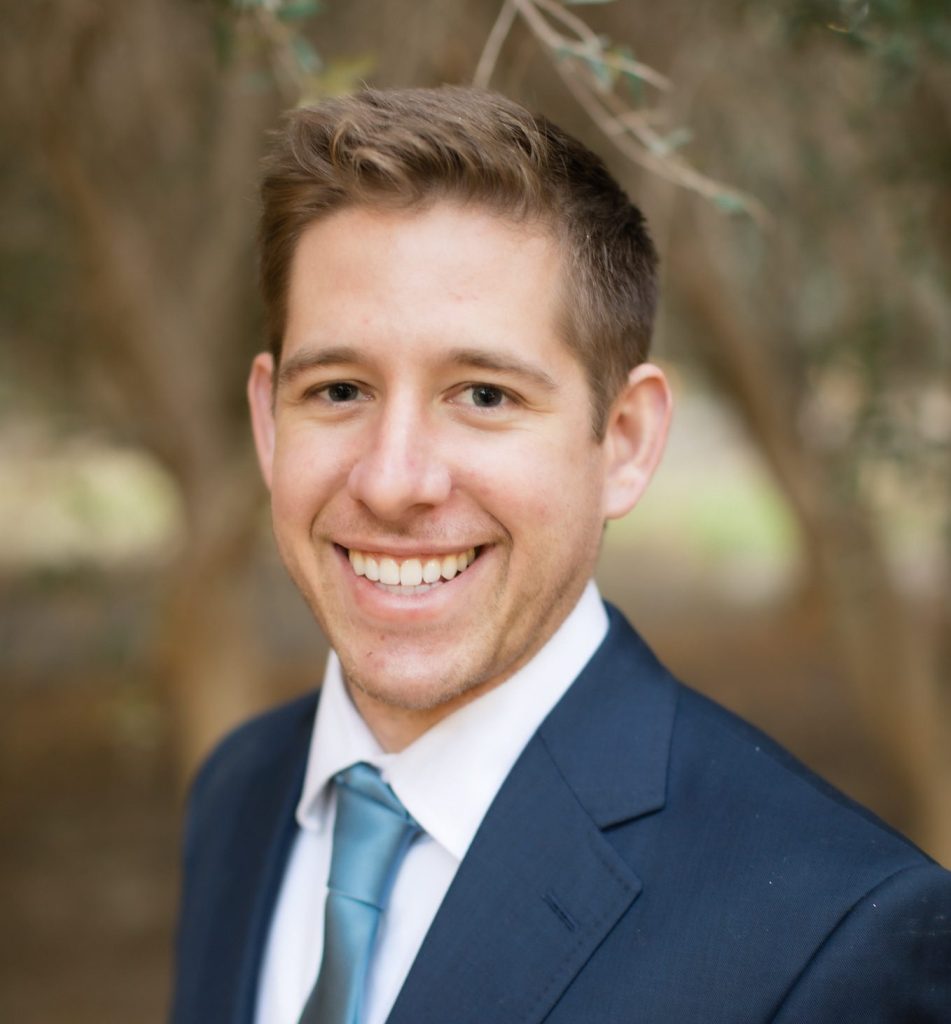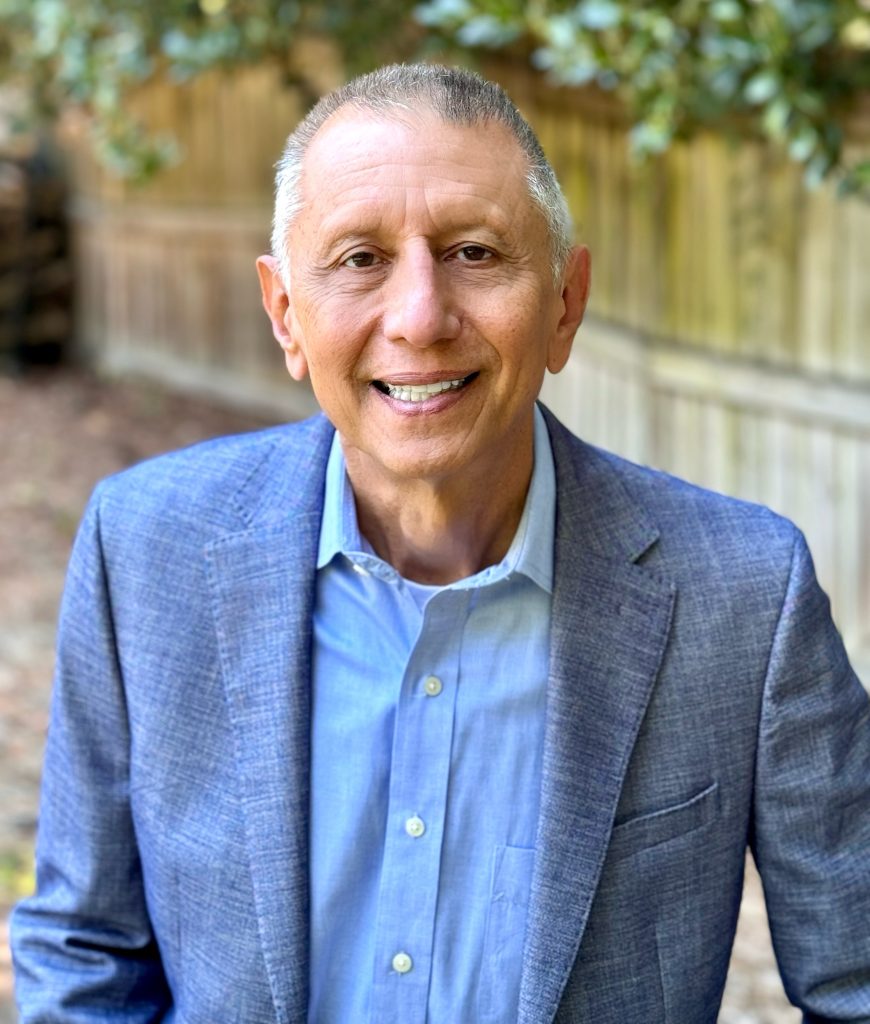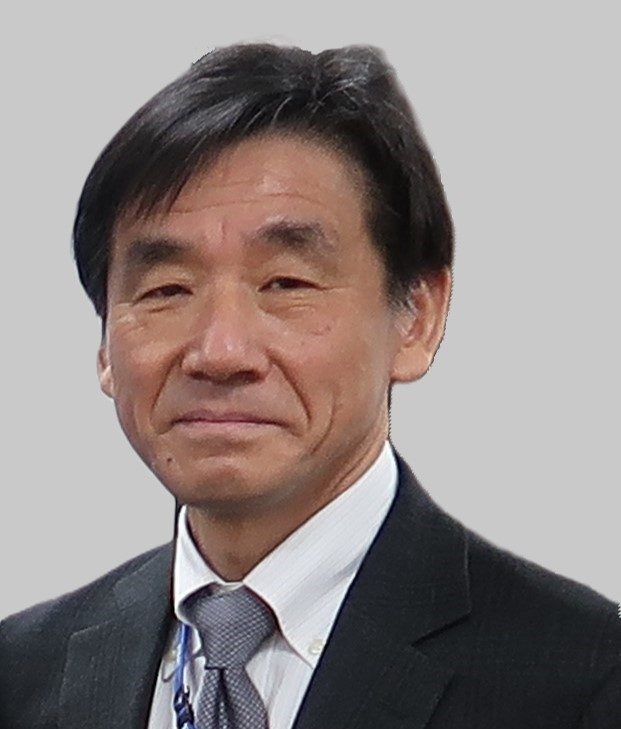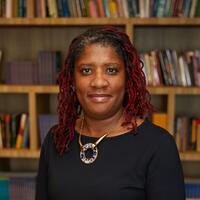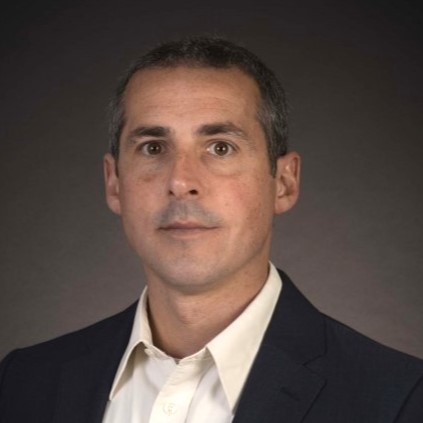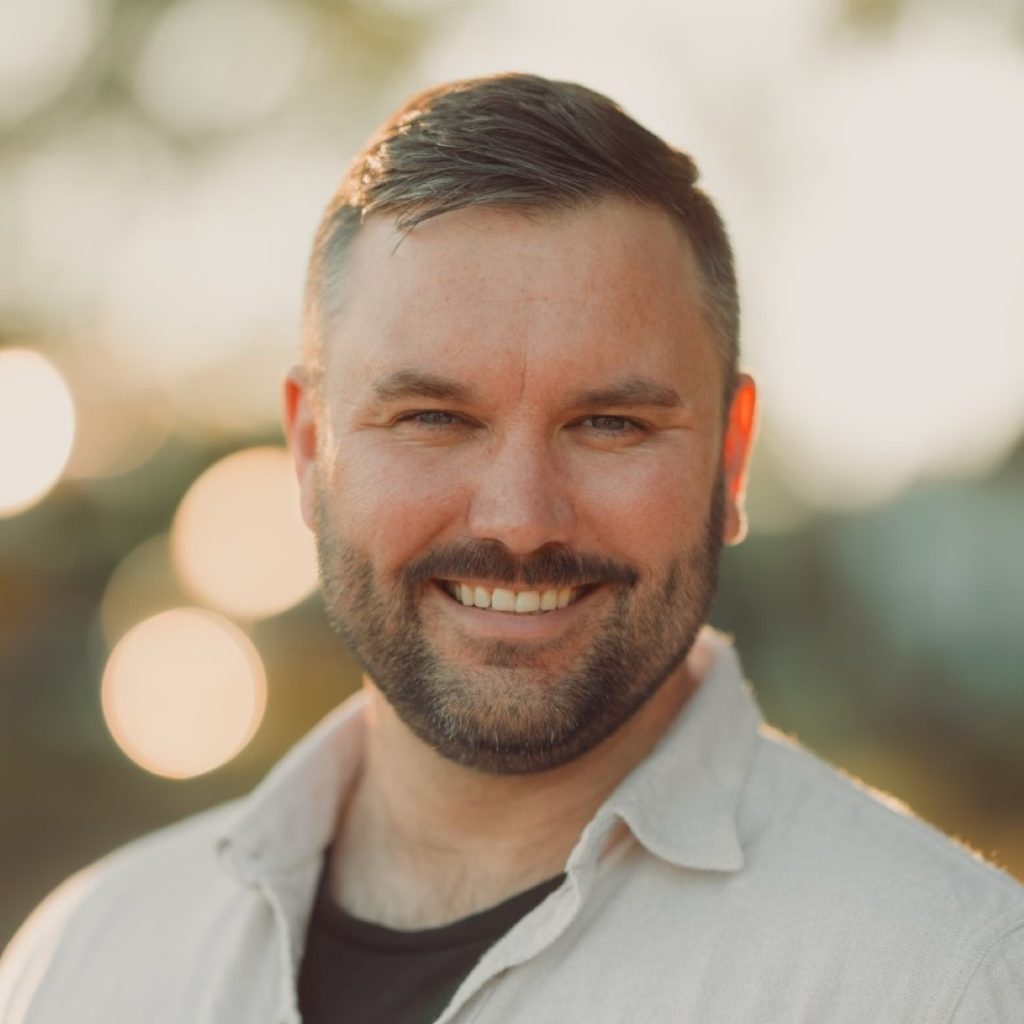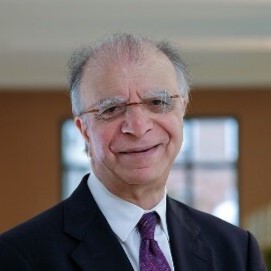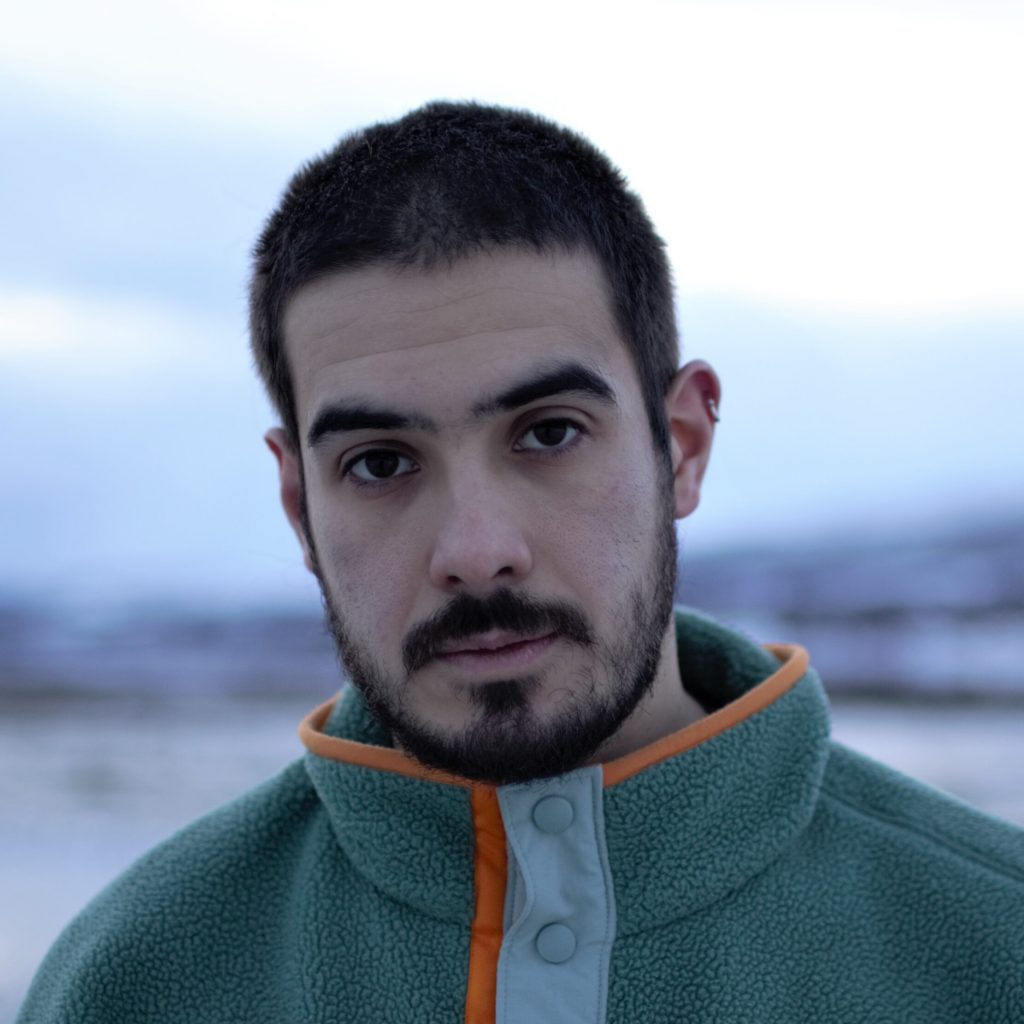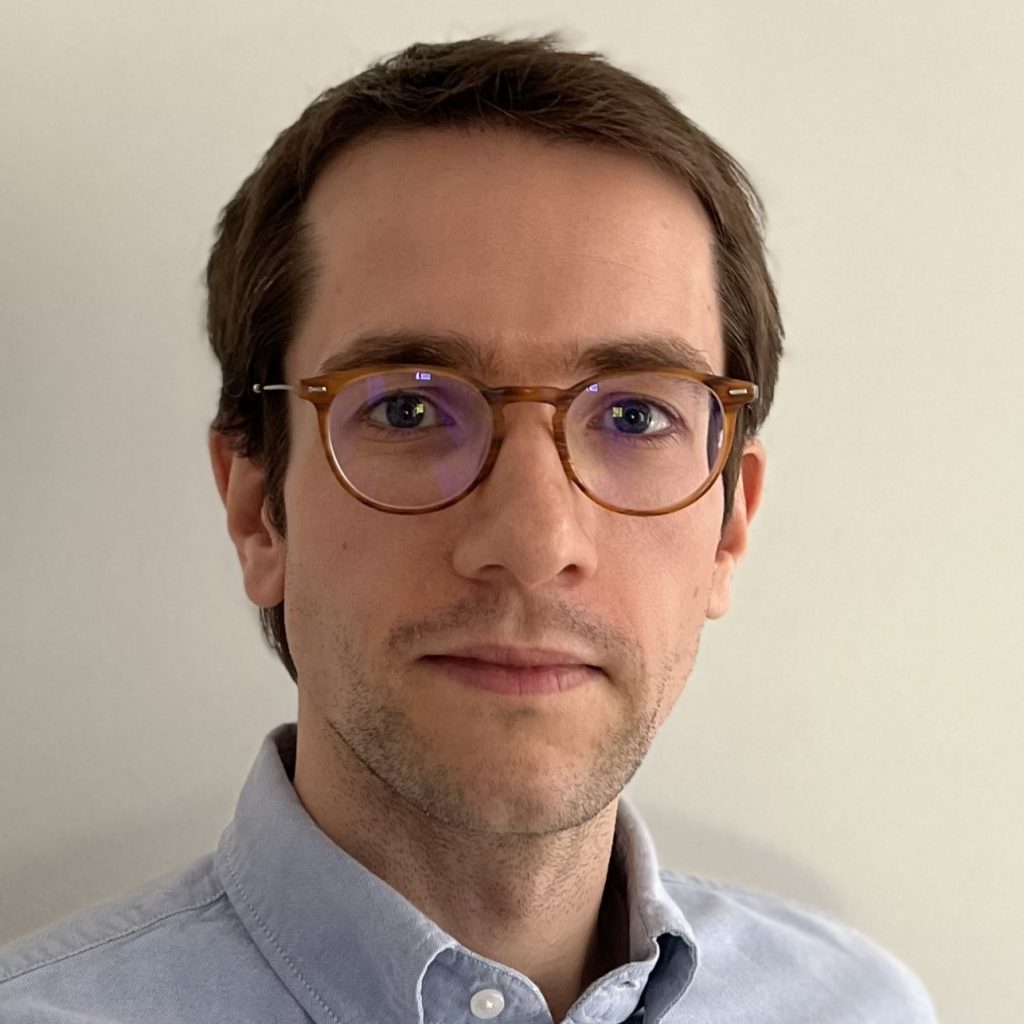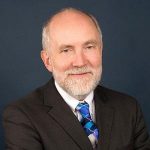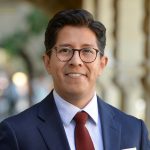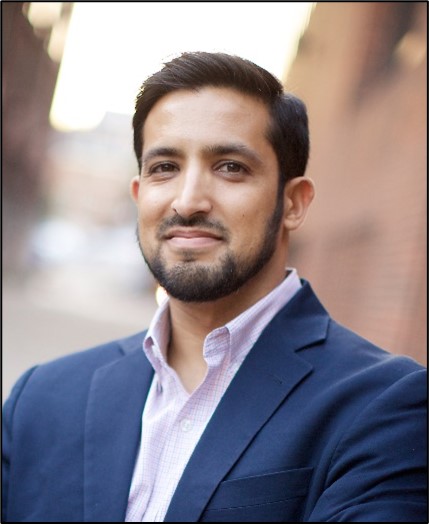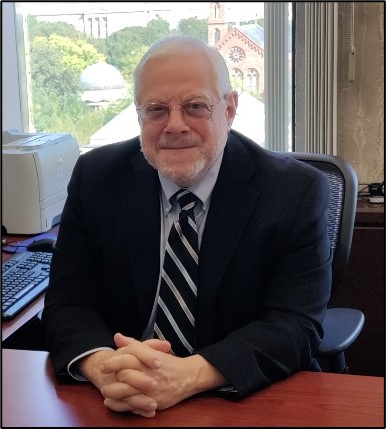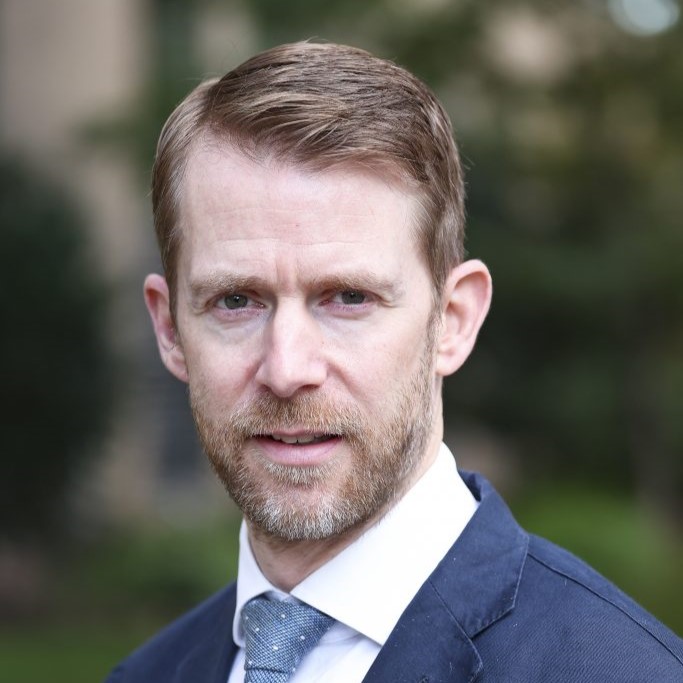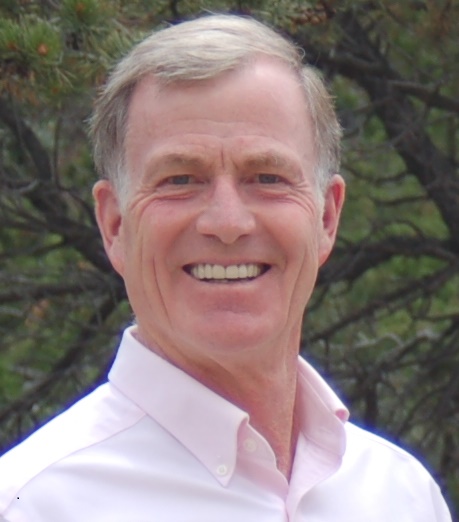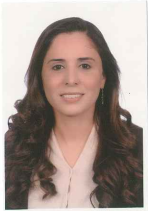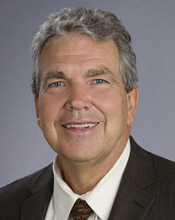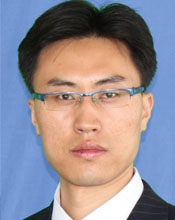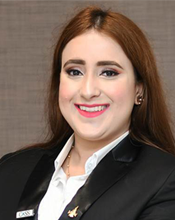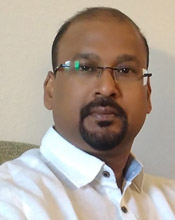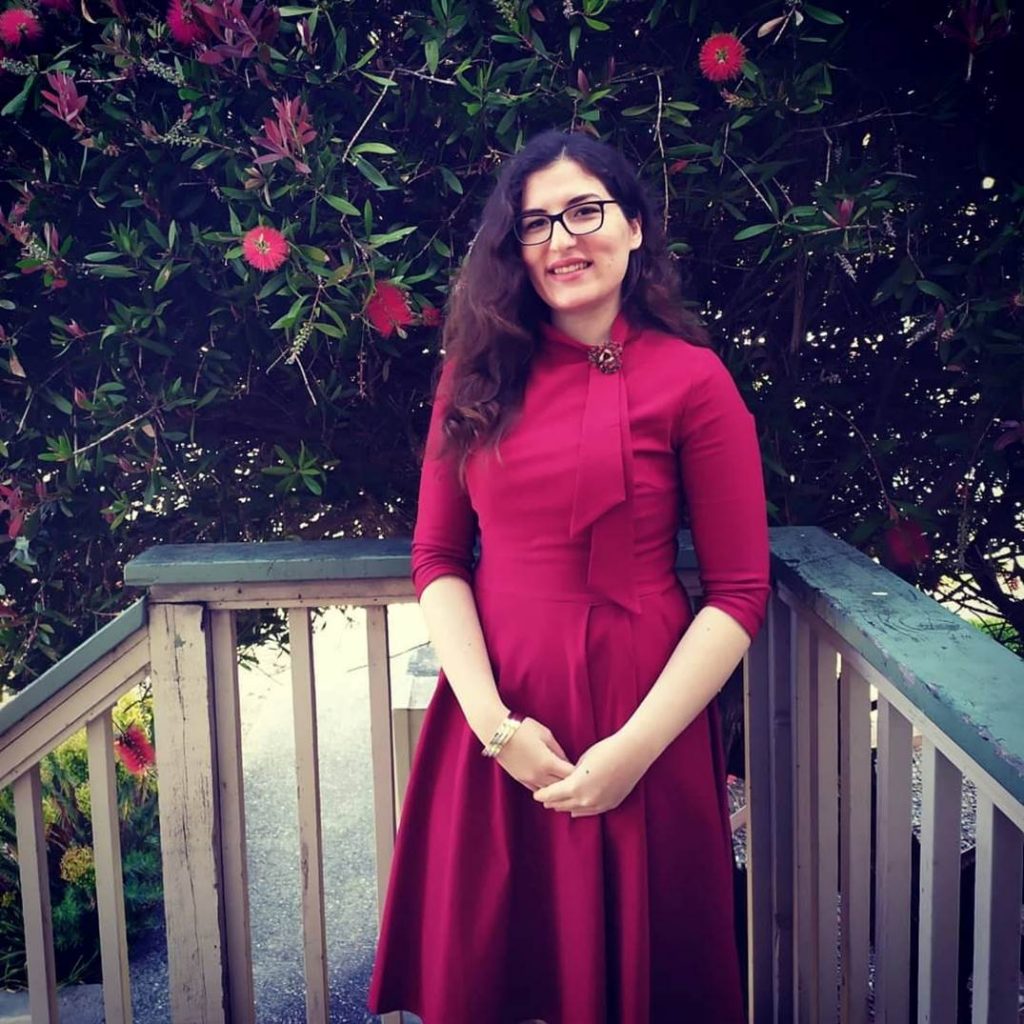
Best Practices for Nuclear Security of Spent Nuclear Fuel and Spent Nuclear Fuel Management
September 30, 2021 | CMC Visiting Research Scholar Fadime Özge Özkan currently serves as a research assistant in the Nuclear Research Division of the Energy Institute at Istanbul Technical University, where she is also pursuing her Ph.D. Ms. Özkan did her undergraduate work in nuclear engineering at Hacettepe University and received her master’s in nuclear engineering from the Energy Institute at the Istanbul Technical University.
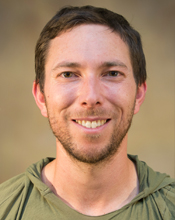
Science at the OPCW – There’s Always Room for More
April 28, 2021 | Peter Hotchkiss, Senior Science Policy Officer at the Organisation for the Prohibition of Chemical Weapons (OPCW), discusses current scientific themes and the role that science plays at the Organisation as part of the CMC Seminar Series’ in-depth look at chemical and biological security issues affecting the U.S. and our global partners in a post-COVID-19 world.
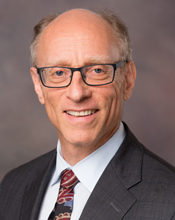
Biodefense and the Return to Great Power Competition
April 13, 2021 | As part of the CMC Seminar Series’ in-depth look at biological and chemical security issues affecting the U.S. and our global partners in a post- COVID-19 world, the CMC hosts Dr. Gerald Epstein, a Distinguished Research Fellow at the National Defense University (NDU) Center for the Study of Weapons of Mass Destruction. Dr. Epstein addresses challenges posed by nuclear, chemical, and biological weapons, particularly including the security implications of advanced life sciences, biotechnologies, and other emerging and converging technologies.
A recording of Dr. Epstein’s seminar can be viewed here.
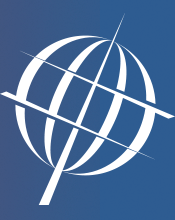
Cooperative Border Security in South Asia
March 31, 2021 | A densely populous region with porous borders, recurring interstate crises, three growing nuclear weapon programs, and expansive regional connectivity projects, South Asia is critical to global considerations of border security. Panelists will discuss the regional threat landscape: major threat actors; key official stakeholders for interdiction; land/maritime/air pathways for illicit movement; existing cooperation among regional and international stakeholders; prospects for cooperative security; and potential roles for emerging technologies.
Securing borders from illicit movement of conventional munitions, narcotics, human labor, sensitive radiological and nuclear materials, and (dual use) technologies presents a key transnational challenge in the 21st century. State efforts to understand threat actors, pathways for illicit movement, and the efficacy of countermeasures may benefit from information sharing and a cooperative approach to securing borders. A densely populous region with porous borders, recurring interstate crises, three growing nuclear weapon programs, and expansive regional connectivity projects, South Asia is critical to global considerations of border security. Panelists will discuss the regional threat landscape: major threat actors; key official stakeholders for interdiction; land/maritime/air pathways for illicit movement; existing cooperation among regional and international stakeholders; prospects for cooperative security; and potential roles for emerging technologies.

Emerging Technologies & Strategic Stability in Southern Asia
March 24, 2021 | This Sandia CMC panel discussion covers the evolving crisis onset and escalation risks enabled by emerging technologies and military capabilities to assess their implications for strategic stability in the region. Technologies and capabilities under consideration include globally new developments, such as capabilities enabled by artificial intelligence, as well as those that may not be new globally but are being deployed by new actors in the region.
A recording of this seminar can be viewed here.
Future interstate crises in Southern Asia and the Indo-Pacific will be defined by multipolarity, asymmetric warfighting capabilities in overlapping and evolving domains, blurry “red lines”, and nuclear competition. Developments in power-projection by key nuclear-armed stakeholders in the region may create new escalation risks alongside opportunities for cooperative security and risk reduction. This Sandia CMC panel discussion will cover the evolving crisis onset and escalation risks enabled by emerging technologies and military capabilities to assess their implications for strategic stability in the region. Technologies and capabilities under consideration include globally new developments, such as capabilities enabled by artificial intelligence, as well as those that may not be new globally but are being deployed by new actors in the region.
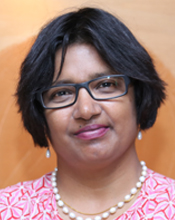
India in the Evolving Space Security Domain (with panel discussion)
March 11, 2021 | Dr. Rajeswari Rajagopalan, a leading Indian expert on space security, will discuss India’s evolving approach to space and its strategy to address the domain’s changing security dynamics. Ankit Panda from the Carnegie Endowment for International Peace, Aaron Bateman from Johns Hopkins University, and Dr. Nancy Hayden of Sandia National Laboratories will serve on a panel moderated by the CMC’s South Asia program lead, Hannah Haegeland. This is the first of a three-seminar series focused on strategic stability and cooperative security in South Asia.
A recording of this seminar can be viewed here.
Once an exclusive domain, today an increasingly diverse group of stakeholders utilizes outer space. Current and aspirant space-faring states pursue capabilities that enhance security, economic growth, and quality of life in an environment characterized by heightened competition. The CMC is hosting Dr. Raji Rajagopalan, a leading Indian expert on space security, to discuss India’s evolving approach to outer space and its strategy to address the domain’s changing security dynamics. Ankit Panda from the Carnegie Endowment for International Peace, Aaron Bateman from Johns Hopkins University, and Dr. Nancy Hayden of Sandia National Laboratories will serve on a panel moderated by the CMC’s South Asia program lead, Hannah Haegeland. The panel will respond to Dr. Rajagopalan’s remarks and discuss Indian and U.S. perspectives on the future of space security, space competition amongst Indo-Pacific countries, implications for interstate crisis signaling and escalation, and the prospects for advancing international space norms that promote strategic stability and cooperative security.
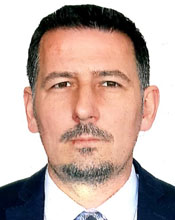
IAEA Nuclear Security Programme
March 4, 2021 | Kristóf Horváth, head of the International Atomic Energy Agency (IAEA) Nuclear Material Security Unit, previously served as the IAEA Senior Nuclear Security Officer responsible for International Physical Protection Advisory Service (IPPAS) missions, regulation development, threat assessment, design basis threat, and nuclear security culture related issues, and is the former Deputy Chairman of the Hungarian Atomic Energy Authority. Mr. Horváth holds an MSc in Nuclear Engineering and a PhD in Military Engineering.
A recording of this seminar can be viewed here.

A Day in the Life of an International Atomic Energy Agency (IAEA) Safeguards Analyst
February 25, 2021 | Zoe Gastelum is Acting Manager of the International Safeguards & Engagements Department at Sandia National Laboratories, where she leads research and development efforts on advanced data analytics and human-algorithm performance in support of international safeguards verification. Prior to joining Sandia in 2015, Zoe worked as a safeguards research scientist at Pacific Northwest National Laboratory, and as an open source information analyst for the IAEA Department of Safeguards.
A recording of this seminar can be viewed here.
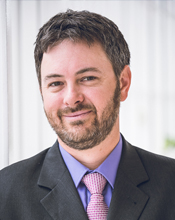
Recruiter, International Atomic Energy Agency (IAEA)
February 17, 2021 | What is it like to work at the world’s foremost intergovernmental forum for scientific and technical co-operation in the nuclear field? The Cooperative Monitoring Center (CMC) Seminar Series welcomes Steve Amundsen, recruiter for the International Atomic Energy Agency (IAEA), who will discuss careers and job opportunities at the IAEA.
A recording of Mr. Amundsen’s seminar can be viewed here.
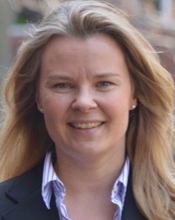
Leader of Strategic Planning for the International Atomic Energy Agency’s Department of Safeguards
February 9, 2021 | The CMC welcomes Jenni Rissanen, leader of strategic planning for the IAEA Department of Safeguards, the group responsible for nuclear verification activities for more than 180 Member States. Since 2007, Ms. Rissanen has been closely involved in conceptual work, including the development and implementation of the State-level concept for safeguards; advancing strategic foresight and planning; enhancing communication and engagement with Member States, NPT policymakers, and other stakeholders; and establishing partnerships.
A recording of Ms. Rissanen’s seminar can be viewed here.
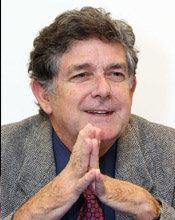
Disarmament of Nuclear States: Applicability to Future Denuclearization of DPRK
February 2, 2021 | Mr. Robert Kelley discusses his experience as an international disarmament inspector in South Africa, Iraq, and Libya. With more than 35 years of experience in the U.S. Department of Energy nuclear weapons complex, Robert Kelley started his career in research and engineering before turning to information analysis in the 1980s. He managed the centrifuge and plutonium metallurgy programs at Lawrence Livermore National Laboratory and later was Director of the Department of Energy Remote Sensing Laboratory, the premier U.S. nuclear emergency response organization. Robert directed nuclear inspections in Iraq in 1992 and 2001 for the IAEA, and has worked in more than 20 countries.
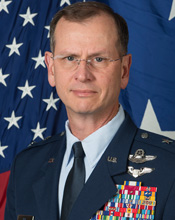
Discussion of Current and Future Arctic Security Mission Requirements
January 21, 2021 | Major General Randy “Church” Kee, USAF (ret.), currently serves as Executive Director of the Arctic Domain Awareness Center (ADAC) at the University of Alaska and as US Arctic Research Commissioner. In his current position, General Kee leads a distributed team of Arctic-focused science and technology, education and student field programs, and convening activities of knowledgeable Arctic researchers, policy makers, Alaska Native Leaders and maritime operators.
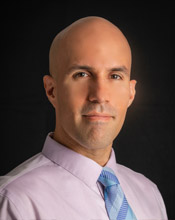
Pacific Forum: Finding a Better Way
December 3, 2020 | Dr. David Santoro is Vice President and Director for Nuclear Policy at the Honolulu-based Pacific Forum, a foreign policy think tank. He specializes in strategic and deterrence issues as well as nonproliferation and nuclear security, focusing mostly on Asia. He is involved in many of Pacific Forum’s track-2 and track-1.5 forums, and his current research interests focus on great-power competition and the role of China in an era of nuclear multipolarity. Dr. Santoro’s forthcoming edited volume “U.S.-China Nuclear Relations – The Impact of Strategic Triangles” will be published in the spring of 2021.
A recording of Dr. Santoro’s seminar can be viewed here.
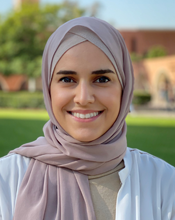
Interdependency of the Water-Oil-Nuclear Industries in the Persian/Arabian Gulf: Understanding Risk and Improving Prevention and Preparation of Disasters
November 4, 2020 | Dr. Ghena Alhanaee highlights her work to develop a data-driven framework to help the Persian/Arabian Gulf region better mitigate the risks of an oil spill or nuclear accident. Dr. Alhanaee received her PhD from the Sonny Astani Department of Civil and Environmental Engineering at the University of Southern California in Summer 2020. She has presented her research, which focuses on environmental sustainability, energy resources, and water and food security in the Persian/Arabian Gulf, at international venues in North America, Europe, and the Middle East.
A recording of Dr. Alhanaee’s seminar can be viewed here.
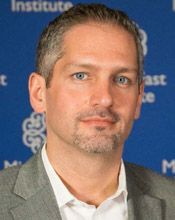
The Middle East Scientific Institute for Security’s Activities and Approach to Regional Capacity Building in the Mideast
September 30, 2020 | Managing Director of the Middle East Scientific Institute for Security (MESIS), Al-Sharif Nasser Bin Nasser will speak on building sustainable capacity in the Middle East. This discussion will be a general overview of MESIS activities and their approach to capacity building in the region. Mr. Bin Nasser was the first speaker in the CMC’s Seminar Series, celebrating the past and future of collaborative scientific engagements.
